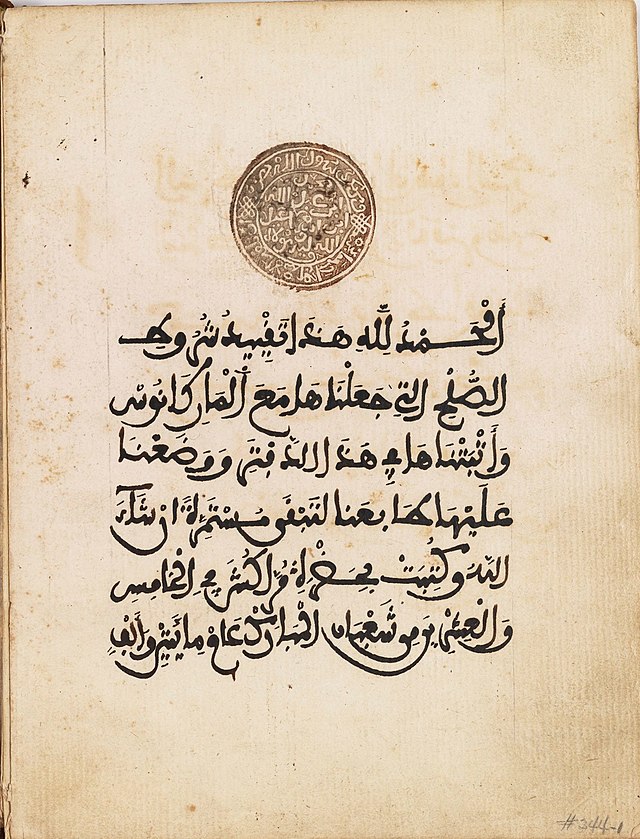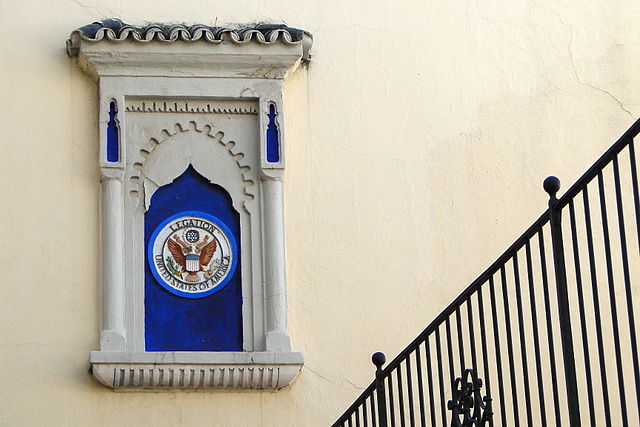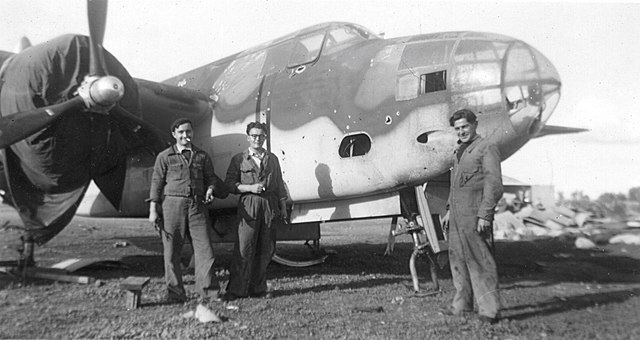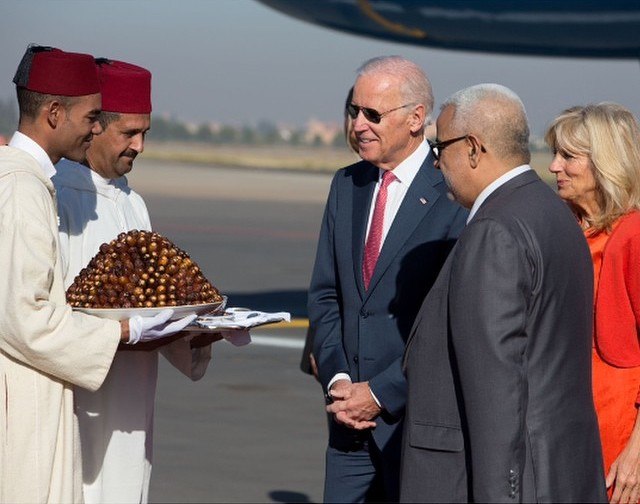The Long-Standing Relationship Between the USA and Morocco

By Mehdi El Merini / Arab America contributing writer
The diplomatic relations between the United States and Morocco have deep roots that stretch back to the 18th century, making this one of the oldest formal international alliances in U.S. history. Beginning in 1777, when Morocco became the first nation to recognize the newly independent United States, the relationship evolved over centuries, shaped by mutual economic interests, strategic alliances, and global conflicts like World War II. This history not only demonstrates Morocco’s early support for the U.S. but also highlights the long-standing geopolitical ties between the two nations.
The First to Recognize: Morocco’s 1777 Gesture of Support
Morocco’s decision to recognize the United States in 1777 marked the first formal recognition of the fledgling nation by a foreign state. The American colonies had declared their independence from Britain in 1776, but it was Morocco that took the significant step of acknowledging the United States as a sovereign entity. Sultan Mohammed III of Morocco, seeking to expand his country’s trade networks and maintain favorable relations with the Western world, saw the American Revolution as an opportunity. By issuing a decree in 1777 that allowed American ships access to Moroccan ports, the Sultan initiated a diplomatic relationship that has endured for centuries.
This early recognition was formalized in 1786 with the signing of the Moroccan-American Treaty of Friendship, which remains the longest unbroken treaty in U.S. history. Negotiated by the U.S. representative Thomas Barclay and signed by the Sultan’s representative, the treaty established key guidelines for trade, commerce, and diplomatic exchanges. It also guaranteed the safety of American ships in the Mediterranean, offering protection from the Barbary pirates who plagued maritime commerce at the time. The treaty reflected Morocco’s forward-thinking diplomacy and the United States’ desire to secure foreign alliances in its early years as a republic.

Diplomatic Ties in the 19th Century
As the 19th century progressed, the relationship between Morocco and the United States continued to grow. Morocco’s strategic location along important trade routes in the Mediterranean and North Africa made it a valuable ally for the United States, which sought to protect its maritime interests and secure trade agreements with key Mediterranean powers. The U.S. appointed consuls in Moroccan cities like Tangier, underscoring the importance of maintaining a diplomatic presence in the region.
During this period, Morocco’s internal stability became increasingly intertwined with European colonial expansion, as Spain and France began to exert pressure on the North African kingdom. Despite these challenges, the U.S.-Moroccan alliance remained intact, with mutual respect and trade continuing to flow between the two nations.

World War II: A Strategic Turning Point
World War II proved to be a transformative moment for U.S.-Morocco relations, both in terms of diplomacy and military strategy. By this time, Morocco was a French protectorate, having fallen under French colonial rule in 1912. However, the Vichy regime that controlled Morocco during the early years of the war aligned with Nazi Germany, putting Morocco in a precarious position as the world became embroiled in conflict.
The pivotal moment in U.S.-Morocco relations during World War II came in 1942 with Operation Torch, the Allied invasion of North Africa. Morocco, along with Algeria and Tunisia, was a crucial launching point for Allied forces seeking to push Axis powers out of North Africa and ultimately into Southern Europe. On November 8, 1942, American and British forces landed on the beaches of Casablanca and other Moroccan cities, successfully gaining control of the territory after brief but intense fighting with Vichy French forces.
The importance of Morocco in the broader Allied strategy cannot be overstated. By gaining a foothold in North Africa, the Allies were able to launch subsequent campaigns against Axis forces in Italy and Sicily, which helped turn the tide of the war in Europe. Morocco, with its strategic location and ports like Casablanca, became a critical logistics base for Allied operations, and thousands of American troops were stationed there during the war.

The 1943 Casablanca Conference
In addition to its military importance, Morocco also played a key diplomatic role during World War II. In January 1943, Casablanca hosted one of the most significant meetings of the war: the Casablanca Conference. Attended by U.S. President Franklin D. Roosevelt, British Prime Minister Winston Churchill, and French General Charles de Gaulle, the conference was a pivotal moment in the planning of the Allied war effort.
It was during the Casablanca Conference that the Allies agreed on the policy of “unconditional surrender” for Axis powers, signaling their resolve to defeat Nazi Germany, Fascist Italy, and Imperial Japan without compromise. The conference also solidified the United States’ position as a major player in global geopolitics, with Roosevelt taking center stage alongside his British and French counterparts. Morocco’s role as host of this important event further underscored its significance in U.S. diplomatic and military strategy.

The Legacy of World War II on U.S.-Morocco Relations
World War II left a lasting legacy on U.S.-Morocco relations, setting the stage for a post-war world in which both nations would continue to collaborate. Morocco’s role in the Allied victory was not forgotten, and the strategic importance of North Africa remained clear as the Cold War took shape in the ensuing decades. U.S. military bases established in Morocco during the war years remained operational into the 1950s, underscoring the continued strategic partnership between the two nations.
As Morocco moved towards independence from France in 1956, the United States was one of the first nations to recognize the newly sovereign country, reaffirming the strong historical bond between the two nations. In the decades that followed, the U.S. and Morocco continued to maintain close relations, with mutual interests in trade, security, and diplomatic cooperation.
247 Years of Relations
The relationship between the United States and Morocco is one of the oldest and most enduring in American history. From Morocco’s early recognition of U.S. independence in 1777 to the country’s pivotal role in World War II, the two nations have maintained a long-standing alliance based on mutual respect, strategic interests, and shared values. Today, the legacy of this centuries-old relationship continues to influence the diplomatic and economic ties between Morocco and the United States, serving as a testament to the strength of their partnership over time.
Check out our blog here!








